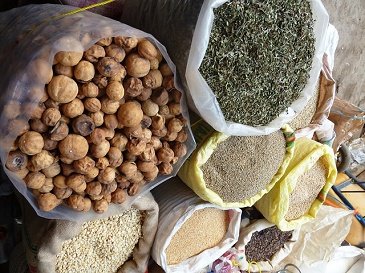Traditional medicines vital in universal healthcare: WHO
September 17, 2014 | Wednesday | News | By BioSpectrum Bureau
Traditional medicines vital in universal healthcare: WHO
Traditional medical practitioners are primary healthcare providers in rural areas: WHO
The 67th session of the WHO Regional Committee for Southeast Asia, saw health experts and policy makers from 11 member states, discussing ways to integrate traditional medicines from South Asian countries into their national healthcare systems.
Dr Poonam Khetrapal Singh, regional director for WHO, Southeast Asia region, said, "Traditional medical practitioners are primary healthcare providers for millions of people in rural areas. To ensure administration of safe and affordable traditional medicines, it is important to subject these practices to rigorous quality assessments, in order to ensure that there is a regulation of practices, products and practitioners."
She added that every country had a unique history of traditional medical practices, most of which are still actively practiced. She further stated that if these medical practices were appropriately integrated into the national health programs, universal healthcare can be achieved using traditional medicines.
WHO had mentioned in a recent press release that 10 out of the 11 member nations had a policy for administration of traditional medicines.
WHO said that it will continue to support individual countries to create forums for information exchange and develop policy and regulations to ensure that high quality traditional medicines are available to all member nations.
The health governing body, however, added that resources supply must be substantially increased for this effective support to be a possibility.









